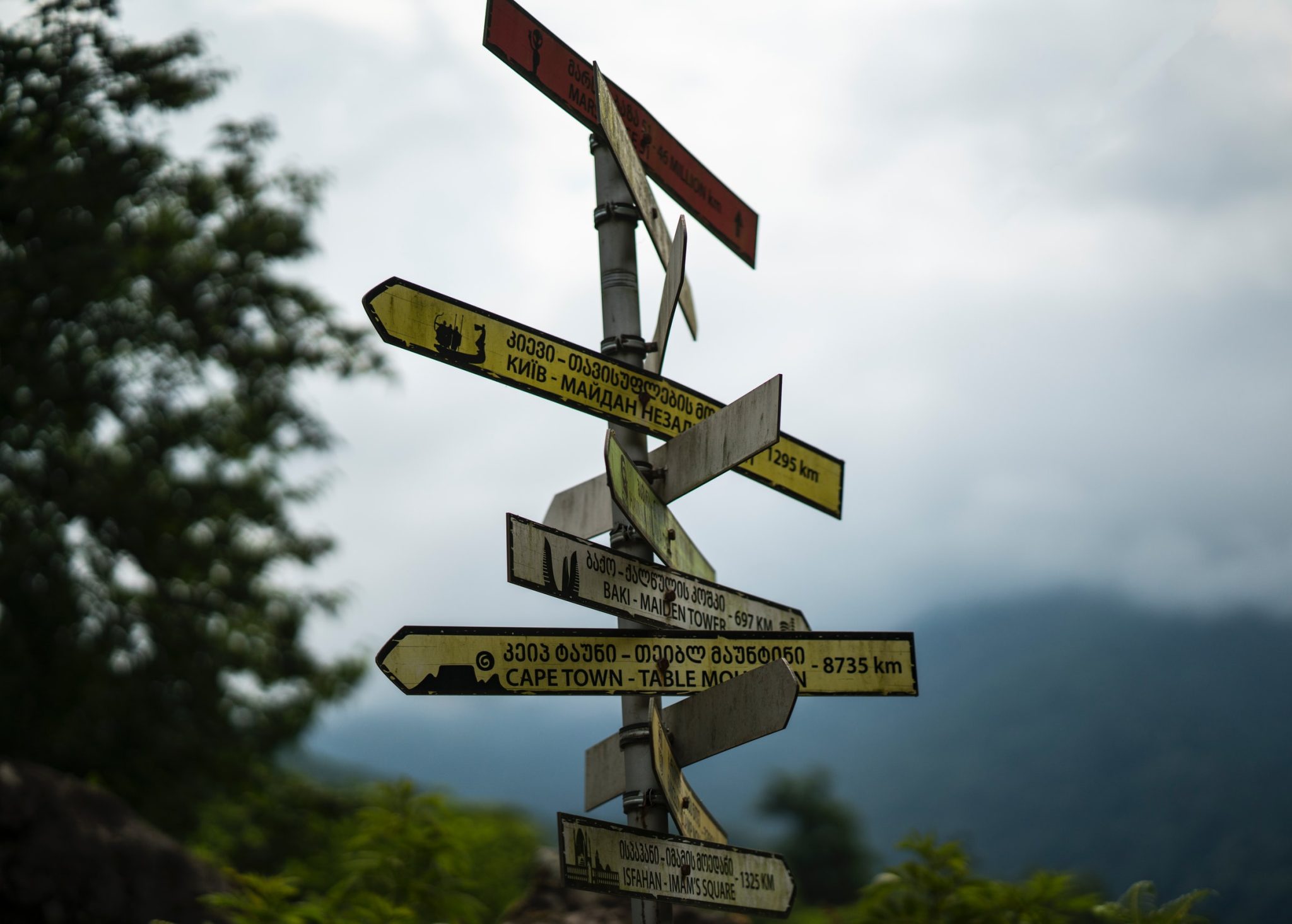
Decision Fatigue
July 13, 2022
Ambiguity Intolerance
July 27, 2022Psychological Safety enhances your ability to make a difference.
Have you ever crossed a long bridge or stood on a plexiglass platform high above the earth? You were safe. Did you feel safe?
Psychological safety –the ability to relax and feel safe. Being with a person, or in a situation, that allows you to drop your guard and believe that things will be ok. When you feel safe your brain quits scanning or preparing for danger. Your brain’s #1 job is to keep you alive. Until it feels you are safe, it is constantly switching attention between safety and whatever else you want to be doing. This makes it hard to engage in creative and long-term thinking. What helps you both be safe and feel safe?
Sense of Unease
Many things can disturb your sense of safety. Even in situations that turn out to be fine, you can be uneasy and vigilant. Your brain is on high alert scanning for danger. This is why racism, homophobia, or other forms of discrimination are so draining. Any awareness that you might not be safe results in constant vigilance. A reminder of past trauma can result in warning signals in a moment of calm.
When you recognize that you are feeling uneasy, it can be helpful to scan your surroundings and to focus on your safety. Is there a concern? Obviously, this would then be your first priority. Sometimes you are ok in the moment, but your brain is receiving “emergency alert” messages as it worries about the possible future, or past, traumas. It is possible to become a habitual worrier, constantly playing disastrous outcomes in your mind over and over resulting in never feeling safe.
Sense of Safety
This is exhausting. Once you determine that you are as safe as you can be in the moment, focus on how you can help your brain get the message. One is to focus on your body in the moment – feet on the floor, a slow breath, an acknowledgement that you are in a good place. If your brain is entertaining thoughts of future or past disaster, change the channel in your head. Think, “I hear you – that could be true. It is also true that…..” Fill in the blank with something positive.
I am not suggesting you live in a make-believe world full of sunshine and roses. There are real and significant problems in our world. As a queer woman myself, and ally to family and friends whose lives and/or well-being are at risk, I am aware there is a lot of work to be done. People deserve to be safe while being their authentic selves and going through their day to day lives. I am saying that we need to bring our full abilities to the work ahead of us.
Free to Focus
Your brain does its best work when it is free to focus. Increasing your ability to notice safety, to experience psychological safety, frees your brain to work. It also allows you to rest, relax, and reenergize.
How do you increase your sense of psychological safety so that you can focus?
- Be aware of how you are feeling. What is this uneasiness?
- Assess your actual safety, in the moment, addressing any genuine safety concerns.
- Feel your feet on the ground and notice that you are safe in the moment, taking a few slow breaths.
- Notice your thoughts, are they helpful? Change the channel if needed.
- Turn your focus to what needs to be done – work, rest, or community building.
Taking these steps might not result in an instant feeling of safety. Over time you will learn to distinguish between when you are in a risky situation vs feeling unsafe due to other factors. This allows you to take best care of yourself.
Psychological safety is an important factor in building relationships as well. Simple reassurances are not helpful and can make people more wary. “You are safe with me,” said the creepy stranger in every horror movie. One aspect of building community is considering others’ psychological safety. What helps you feel safe may not help someone else. For example: A friend is an abuse survivor, touching them without explicit permission reduces their sense of safety.
Some ways to enhance community safety: Be transparent about who you are, what is going on and the next steps. Create an environment where people can ask questions. Listen deeply. Slow down – the pace of activity, your breath, the conversation.
When you can relax into a felt sense of safety, life is good. You can be fully yourself and free your imagination for laughter, long term planning, and collaboration. You can bring your whole self to the important tasks in front of you. Awareness that psychological safety is important can increase resilience in you, in those around you, and in society at large.
To learn more, explore learnmodelteach.com for tools, videos, and coaching opportunities.
Peace,
Laura A. Gaines





